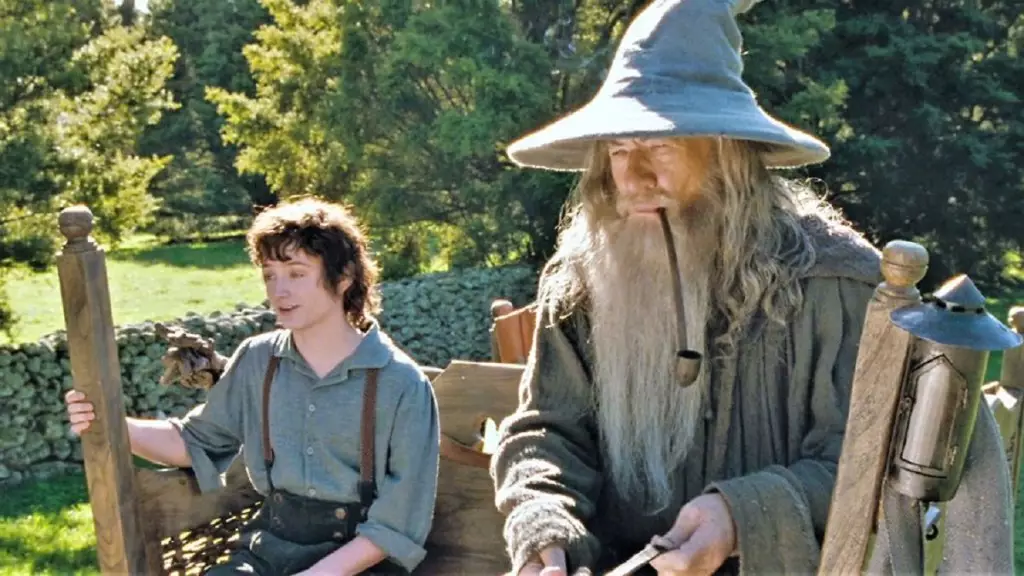Recent revelations about new Middle-earth films have stirred a whirlwind of anticipation and speculation among Tolkien enthusiasts. Sir Ian McKellen’s candid remarks at a fan event hint at a future that both honors and expands the legendary universe. While he did not confirm his return as Gandalf outright, his hints about the upcoming projects showcase a desire within the original cast to revisit these beloved characters. The mention of filming beginning in May for a project centered on Gollum demonstrates that the franchise is venturing into fresh storytelling territory, likely emphasizing the complex character arcs that define Tolkien’s world. Such bold claims, even if playful, signal a significant shift in the way these stories are being approached—perhaps moving beyond mere nostalgia toward ambitious narrative innovation.
Are We Witnessing a Rebirth or a Risky Rehash?
The involvement of industry giants like Peter Jackson, Fran Walsh, and Philippa Boyens indicates a serious commitment to quality storytelling. Yet, their decision to produce new films based on Tolkien’s works raises pressing questions about the direction of these projects. Will they merely serve as reboots, cashing in on nostalgia, or are they genuinely attempting to deepen our understanding of Middle-earth’s intricate history? Casting McKellen and other familiar faces offers a reassuring link to the past, but it also invites skepticism about whether such continuity can truly breathe new life into the saga. The risk lies in fostering a sense of sameness, potentially alienating fans hungry for fresh perspectives and daring narratives. The industry’s history shows that reboots can falter if they lean too heavily on familiarity without innovation; thus, every detail in these upcoming films will be scrutinized meticulously.
The Promise of a New Middle-earth Era
What excites me most about these developments is the potential for storytelling evolution within Tolkien’s vast universe. The announced focus on Gollum, a character brimming with internal conflict and moral ambiguity, suggests a pivot toward more character-driven narratives. This approach aligns with contemporary cinematic trends favoring complex, flawed protagonists that resonate on a deeper psychological level. Moreover, the involvement of original creators—reuniting the team behind the landmark adaptations—implies that there’s a genuine effort to respect Tolkien’s linguistic richness, mythic depth, and moral complexity. However, the real challenge will be balancing these high aspirations with commercial realities and the inevitable expectations of a dedicated fanbase. The decision to conceive two films with a December 2027 release window signals an ambitious plan, but execution will determine if these movies can stand alongside or even surpass the greatness of Jackson’s original trilogy. As a Tolkien devotee, I am cautiously optimistic: this could mark a renaissance for Middle-earth, or it could serve as yet another example of franchise fatigue if not handled with care and creative integrity.

